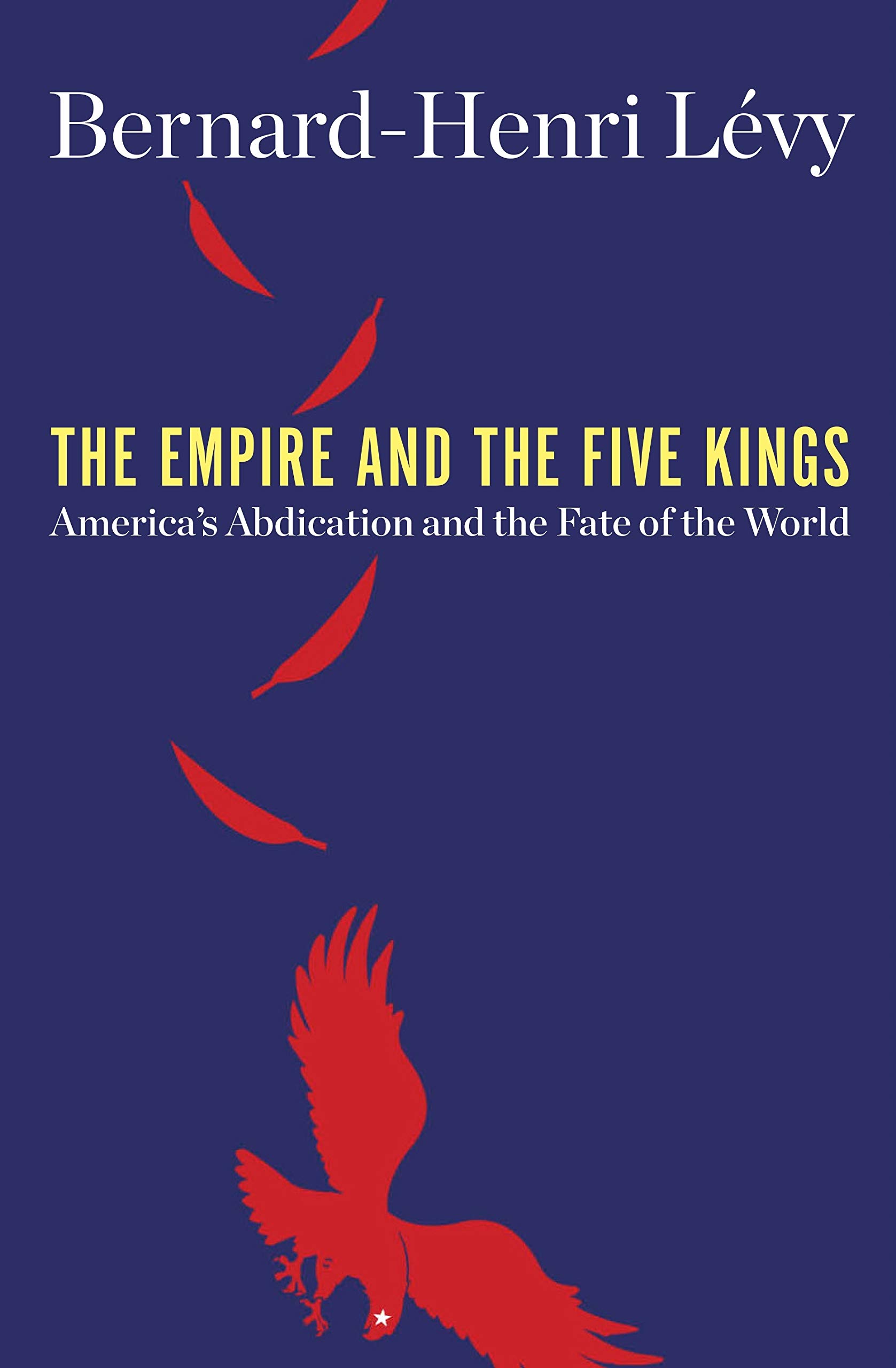Search Results: Returned 5 Results, Displaying Titles 1 - 5
-
-
2019., Henry Holt and Company Call No: 327.73 L668e Edition: First U.S. edition. Availability:1 of 1 At Your Library Summary Note: "The Empire and the Five Kings is a cri de coeur that draws upon lessons from history and the eternal touchstones of human culture to reveal the stakes facing the West as America retreats from its leadership role, a process that did not begin with Donald Trump's presidency and is not likely to end with him. The crisis is one whose roots can be found as far back as antiquity and whose resolution will require the West to find a new way forward if its principles and values are to survive."--Jacket flap.
-
-
By Boggs, Carlc2003., Routledge Call No: 355.033 M423m Availability:1 of 1 At Your Library Series Title: New political science readers
-
-
c2010., Yale University Press Call No: 327.73009 M425s Availability:1 of 1 At Your Library Summary Note: Former U.S. ambassador to the USSR Jack F. Matlock refutes the idea that the United States forced the collapse of the Soviet Union--with wide-ranging implications for U.S. foreign policy. Matlock argues that Gorbachev, not Reagan, undermined Communist Party rule in the Soviet Union, and that the Cold War ended in a negotiated settlement that benefited both sides. He posits that the end of the Cold War diminished American power; with the removal of the Soviet threat, allies were less willing to accept American protection and leadership that seemed increasingly to ignore their interests. Matlock shows how, during the Clinton and particularly the Bush-Cheney administrations, the belief that the United States had defeated the Soviet Union led to a conviction that it did not need allies, international organizations, or diplomacy, but could dominate the world by using its military power unilaterally. The result has compromised America's ability to lead.--From publisher description.
-
-
c2004., W. W. Norton & Company Call No: 327.16 S342w Edition: 1st ed. Availability:1 of 1 At Your LibraryClick here to watch









